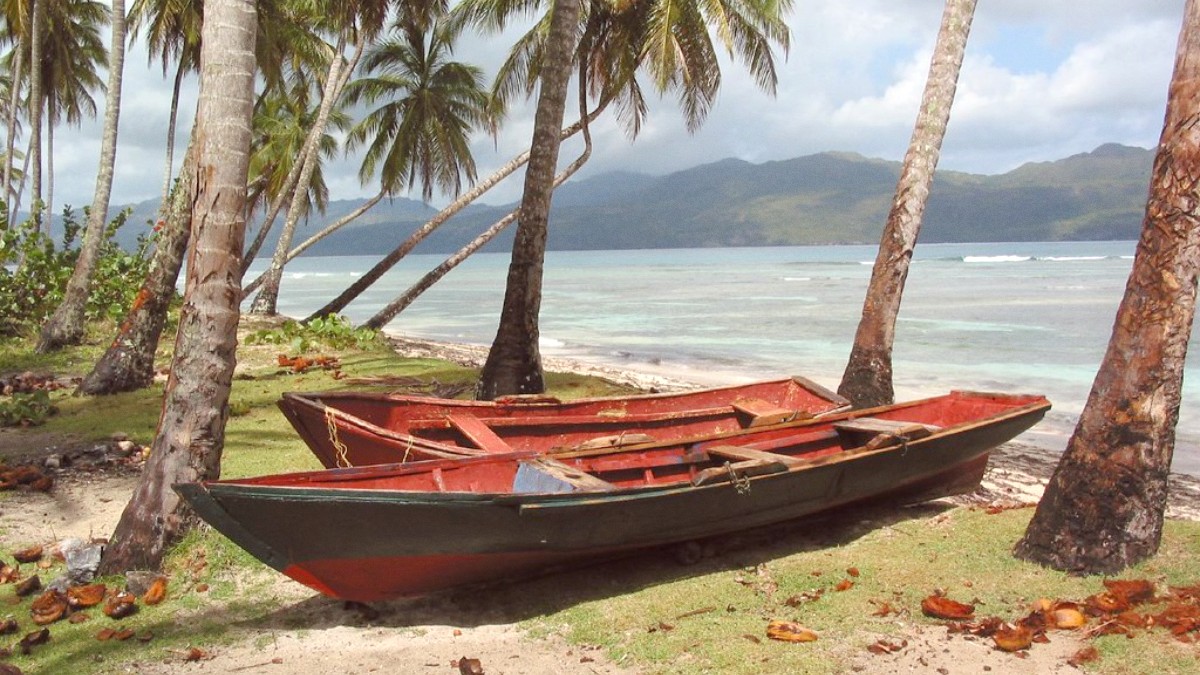
Peninsula De Samana, Dominican Republic
Samana Bay and Los Haitises National Park are protected. Whale watching is regulated to minimize disturbance. Local groups work on waste and beach clean-ups.
Waste management a challenge in the Dominican Republic. Recycling infrastructure is limited in small towns. Reduce single-use plastics.
Water resources face strain. Be mindful of usage. Take shorter showers and turn off taps when not in use to conserve this resource.
Conscious decisions support environmental preservation.
Consider offsetting your flight emissions through reputable programs. This practice mitigates the environmental footprint of your travel.
Look for accommodations that promote eco-friendly practices. These establishments may use solar power, run waste reduction programs, and apply water conservation strategies.
Choose tour operators that prioritize small group sizes and respect wildlife. Inquire about their specific environmental impact practices before booking. Support those minimizing their footprint.
Opt for outdoor gear from sustainable retailers. Your choices here extend your positive impact beyond your immediate travels, supporting companies committed to eco-friendly production.
Support local artisans and businesses that preserve traditional crafts and culture. Learning basic Spanish phrases shows respect and opens connections.
Support conservation effortsAsk permission for photos of people. Dress respectfully for churches or homes. Be patient, polite, and avoid confrontational behavior. Avoid overt displays of wealth.
Book responsible toursEvery choice, from where you stay to what you buy, influences the local environment and community. Choose wisely.
Responsible tourism ensures your visit benefits the local community.
Support locally-owned guesthouses, restaurants (Comedores), and tour operators. Hiring local guides for excursions directly benefits the community and offers authentic insights into the region.
Seek out products genuinely handmade locally. This ensures your purchase directly supports the artisan. Bargain fairly in markets for informal services; do not exploit low prices or encourage begging.
Eating at Comedores, buying produce from local markets, and purchasing crafts directly from artisans injects money directly into the local economy. Tipping appropriately also serves this end.
Savor authentic cuisine at local Comedores.
Find fresh produce and goods directly from vendors.
Buy crafts directly from those who make them.
For charitable giving, consider established local charities or schools rather than direct individual donations. This fosters sustainable development.
Nurture respectful interactions and meaningful contributions.
Respect privacy, especially of children. Be mindful of cultural sensitivities when photographing religious ceremonies or private moments. Observe from a distance.
Dress modestly (shoulders and knees covered) when entering churches. Remove hats upon entering. Maintain quiet and respectful behavior during services.
If donating, consider established local charities or schools rather than direct individual giving. This approach promotes sustainable community development over dependency. Inquire with your accommodation for reputable local initiatives. This direction for giving helps local organizations on a larger scale.
Donate through established local charitable organizations.
Support local schools for broader community benefits.
Contributions to organizations fostering long-term growth.
Be wary of scams or overly persistent street vendors. Your vigilance safeguards your experience.
Direct giving might unintentionally create dependency. Channeling support through local groups often yields greater positive outcomes.